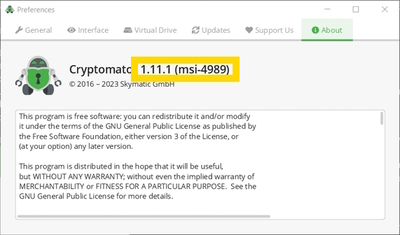You and I both know you can push unsigned builds. I’m done giving any insight into your asinine, shoddy software & organisation setup.
You’re in no position to lecture me about infosec while you again blaze that audacity. Try thinking beyond the end of your nose, boy.
QED. All that power inherent of a BSD… & you can’t do a damn thing with it unless you first get on your knees & kiss Cupertino’s ring. At least the logo is pretty, right?

via .exe.
“Research!” Is that what you call it? Sure. Why not; I’ll play along. You should believe his “findings”… as if anyone needed to pull a pcap to do so. I mentioned VeraCrypt in this fashion as I already had deep seated suspicions of what the reaction of such a thread would bring. It’s not like any of you lot can give a straight answer a question that actually matters, isn’t that right, @SailReal ? How’s Issue 63 coming along? When should I look forward to finally being able to recursively upload folders? In another 4 years perhaps? Maybe in in 2034?
No; I’m not taking another red herring. Attempting to minimize in lieu of distracting is worth nothing & I’m not the first to notice this:
If I didn’t have to interface with occasional AAPL devices I wouldn’t even be looking at this ridiculous bitrot.